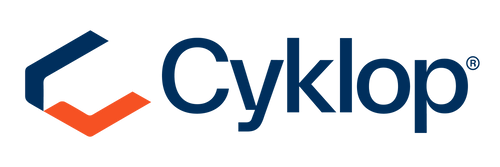Printing Ink Manufacturing
Industrial printing is a diverse process that changes from one operation to the next.
Key factors such as substrate choice, line configuration, facility environment, and image requirements vary from company to company. To ensure product coding success, companies must use ink formulas that offer:
- Proper material compatibility
- Adequate dry times
- Highly visible colors
- Reasonable protection against light, heat, abrasion, etc.
Ink manufacturers like InkJet, Inc. meet these needs by developing numerous formulas with different characteristics. Today, our robust offerings include specialty consumables and aftermarket alternatives for:
- Thermal inkjet printers
- Continuous inkjet printers
- High-resolution case coders
- Print and apply labelers
With these products, our clients can mark today’s most popular packaging forms, including
- Cardboard packaging
- Corrugated boxes
- Paperboard cartons
- Aluminum cans, foil, and bottles
- Metal sheets and foil
- Wood
- Plastic bags
- Glass bottles
- Rigid plastic
- Plastic bottles
- Plastic PVC pipe
- Tetra Pak® and aseptic packaging
- Flexible packaging
- Shrinkwrap and flexible film
- Metal pipes
- Rubber parts and products
Below, we explain the basics of printing ink manufacturing and explore the different InkJet, Inc. formulas that we currently offer.
Our Printing Ink Manufacturing Process
InkJet, Inc. has been creating high-quality ink formulas since 1989. Today, we distribute ink and industrial marking hardware to more than 55 countries around the world. With every offering, we deliver the consistent quality and competitive prices that we are known for.
During the printing ink manufacturing process, we ensure that every formula can:
- Remain stable during pressurization
- Operate well without blocking the nozzle
- Easily form distinct droplets
- Adhere to the intended substrates
Beyond these qualities, we formulate inks with specific properties so they can better perform certain applications. Example properties include:
- Quick drying times
- Color choice
- Contrast level
- Resistance against specific elements (e.g., light, humidity, temperature, touch, etc.)
Here’s how we create our formulas:
|
|
|
|
|
|
Using this process, we create dye formulas and pigmented formulas for various inkjet printers.
Dye Inks for Continuous Inkjet and Thermal Inkjet Printers
InkJet, Inc. carries dozens of formulas for today’s most popular continuous inkjet (CIJ) and thermal inkjet (TIJ) printers. Not only do we create formulas for our DuraCode series printers, but we also create affordable aftermarket inks that are compatible with printers from:
- Bestcode
- Domino
- Linx
- Markem-Imaje
- Videojet
- Willet
Our offerings include MEK, ethanol, acetone, and ethanol-based formulas, among others. Formulas are available in a range of colors and many are formulated to meet the needs of specific industries, including:
- Aerospace part production
- Food packaging
- Beverage bottling and canning
- Chemical manufacturing
- Cosmetic product manufacturing
- Cannabis and CBD production
- Pet food manufacturing
- Metal pipe production
- Wire and cable extrusion
- Plastic and metal extrusion
- Electrical component production
- Pharmaceutical production
Contact us today to discuss which formula will best suit your coding needs.
Pigmented Formulas for Special Applications
Pigmented ink offers brighter hues, better color coverage, and greater fade resistance than dye ink. These qualities make pigmented ink ideal for coding products that will be exposed to extreme heat, light, and abrasion.
Industries that frequently use pigmented inks include:
- Aerospace part development
- Automotive manufacturing
- Wires and cable production
- Electronic manufacturing
Here is a chart of our most popular pigmented inks. Contact our team today if you are interested in one of these formulas or have any ink-related questions.
|
|
|
|
|
|
|
|
|
|
|
|
|
|
|
|
|
|
|
|
|
|
|
|
|
|
|
|
|
|
|
|
|
|
|
|
|
|
|
|
|
|
|
|
|
|
|
|
|
|
|
|
|
|
|
|
|
|
|
|
|
|
|
|
|
|
|
|
|
|
|
|
|
|
|
|
|
|
|
|
|
|
|
|
|
|
|
|
|
|
|
|
|
|
|
|



